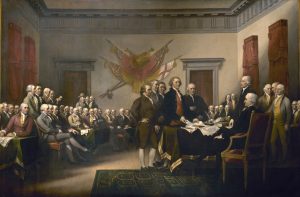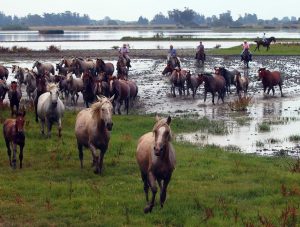My colleague Mark Elliott, in Open Wide: FOIA Reform Expands Public Access to U.S. Government Information, discusses the bipartisan Freedom of Information Improvement Act of 2016 (S. 337)  signed into law by President Obama’s on June 30. The bill’s most notably requirement is that the government operate under a “presumption of openness” and help protect the public from government secrecy. Its goal otherwise is to make it more difficult for agency officials to withhold government records sought under the Freedom of Information Act (aka FOIA).
signed into law by President Obama’s on June 30. The bill’s most notably requirement is that the government operate under a “presumption of openness” and help protect the public from government secrecy. Its goal otherwise is to make it more difficult for agency officials to withhold government records sought under the Freedom of Information Act (aka FOIA).
Photo: J. Albert Bowden II, Keep Calm and Use FOIA, Taken April 1, 2014 – Creative Commons








